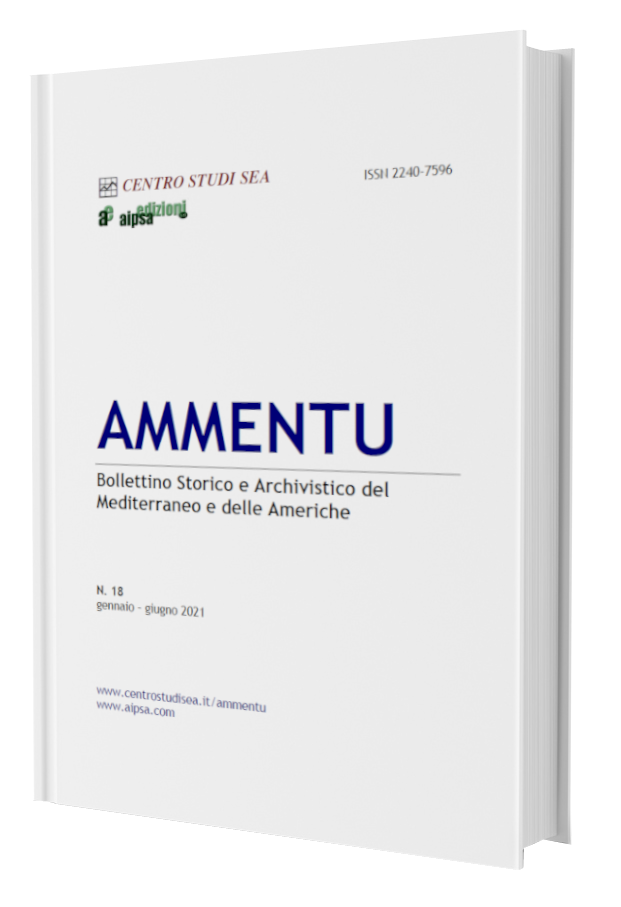John Paul II’s travels to Iberian America in the first half of the 1980s
DOI:
https://doi.org/10.19248/ammentu.402Abstract
The 1980s constituted a period of profound change for the Spanish and Portuguese-speaking territories of Europe and America. Latin America entered a turbulent period, which would have led to the progressive establishment of democracy throughout the subcontinent, beginning a journey to confront the impressive trail of blood produced by military dictatorships. Spain and Portugal, moreover, left the period of the authoritarian regimes of Franco and Salazar, consolidating their respective democratic systems and regaining an important place in Europe and, above all, in the western Mediterranean. In that crucial decade, Pope John Paul II visited these areas several times: he was eight times in Latin America, three in Spain and two in Portugal. Thus he had the opportunity, in many cases, to see personally the social and political transformations taking place in these countries as well as to observe the difficulties and new challenges posed to the local Catholic communities. Already Paul VI had inaugurated the practice of visiting some of these territories where most of the Catholics of the world resided and still resides with the famous trips to Portugal in 1967 and to Colombia the following year. About fifteen years later, the Polish pope took up this intuition of Montini, but made some changes and had to face a social and religious landscape conditioned by the decline of the Soviet Union and the growing secularization. The present contribution shall, through the systematic analysis of the Pope’s speeches during these eleven trips and of how the international media followed what is not forced to define the pastoral visits of John Paul II in the Spanish and Portuguese-speaking territories, intends to assess first of all how the imaginary that of these countries had an exceptional traveller like the pope changed. Secondly, an attempt will be made to underline the pope’s position on certain central themes for the Spanish and Portuguese-speaking territories, such as the relationship between the Church and democracy, the role of Catholics in pluralistic society and the role of the laity, of young people and women in post-conciliar and post-Cold War Catholicism. This will allow us to see how John Paul II adapted his message to the various contexts where he went, united by a certain linguistic and religious homogeneity but separated by traditions and cultures often very distant, and how the various Catholic communities welcomed the pope’s visits and inserted them into the lively debate that animated those territories in the eighties.
Downloads
Published
Issue
Section
License
Note on the copyright
The Copyright Notice below must be included with the journal information and in the metadata for each published article. Although every journal can freely determine the nature and scope of the copyright agreement with its authors, the Public Knowledge Project recommends the use of a Creative Commons license. For these purposes, an example is provided and may be copy and pasted in the space below for those journals that (a) offer open access, (b) offer deferred open access or (c) do not offer open access.









